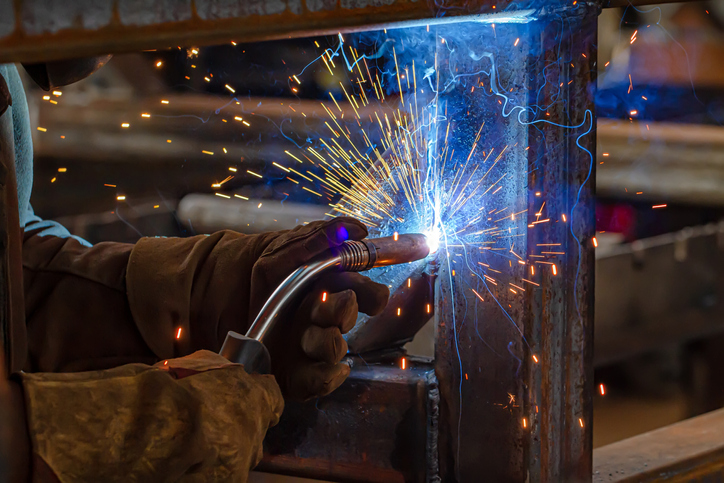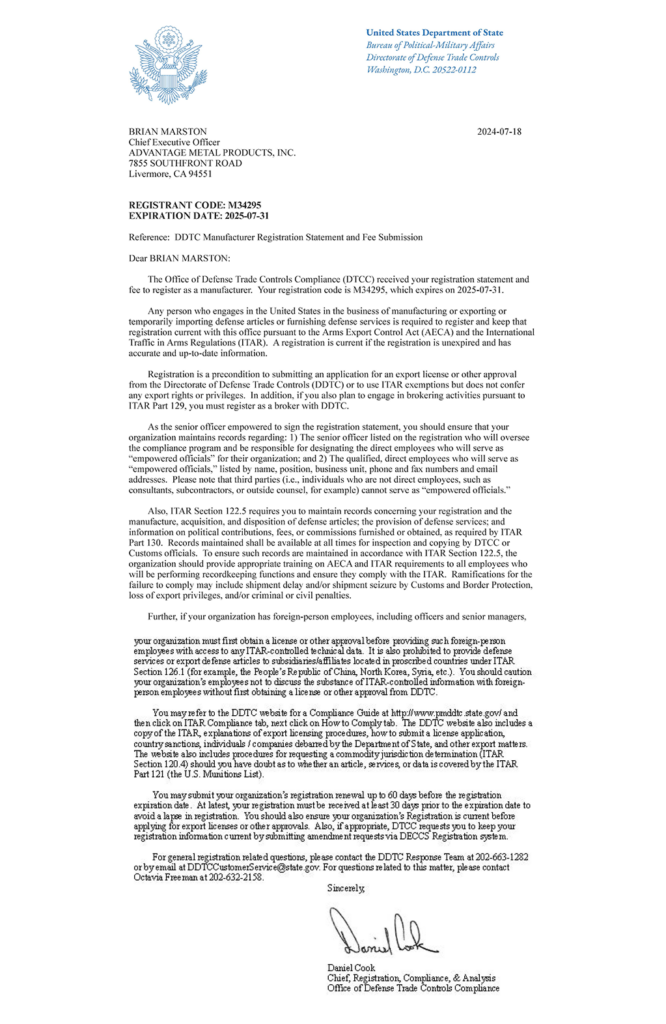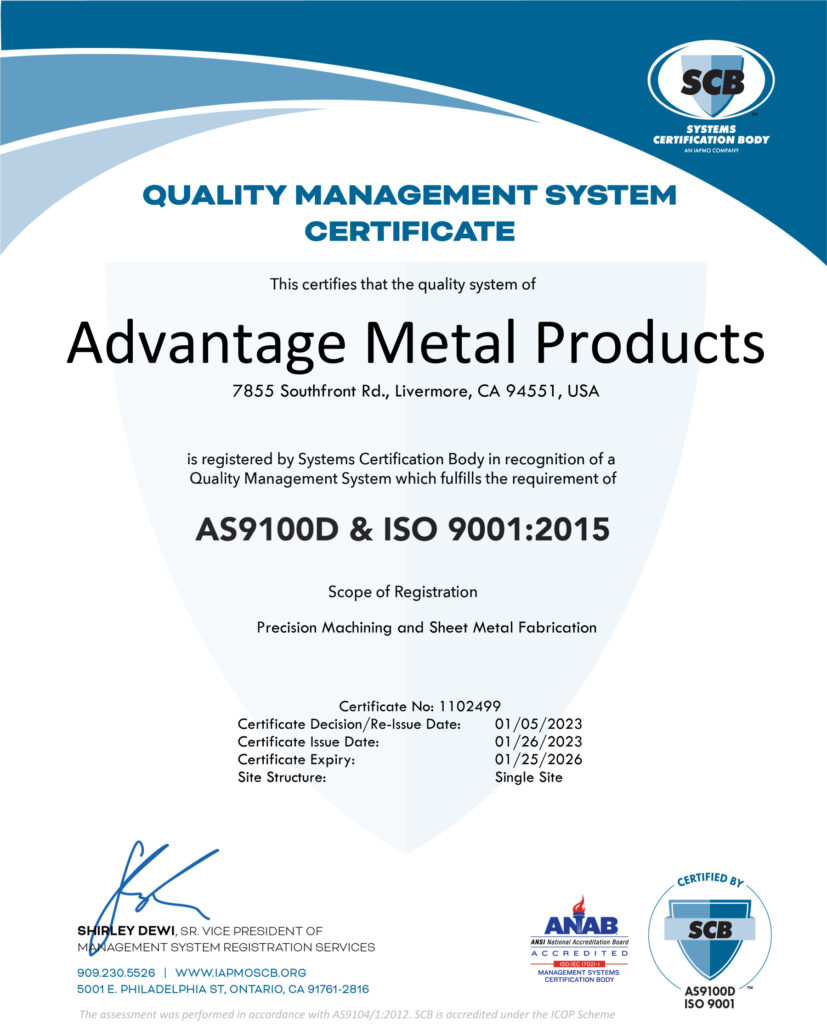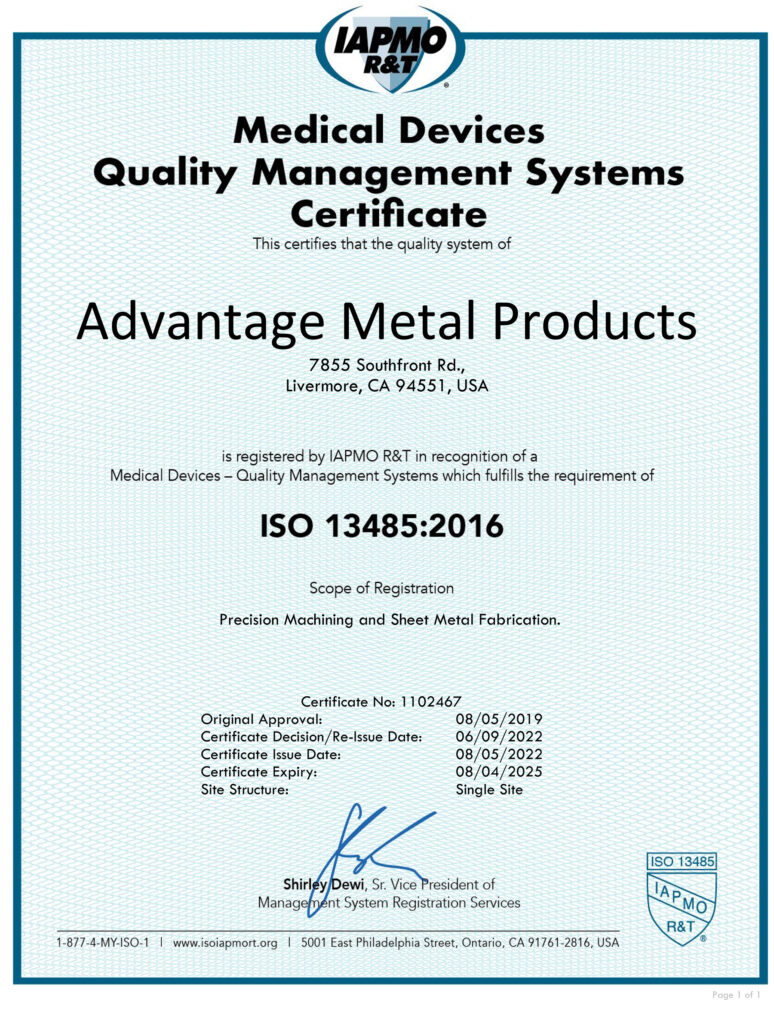
In metal fabrication, assembly is the process of joining together multiple metal components to create a final product. While this is not a service offered by all metal manufacturers, others have expanded their capabilities to provide their customers with a one-stop shop experience that consolidates their supplier base into a single partner. In these instances, one important offering in assembly services is fabrication welding. But what is fabrication welding?
Fabrication welding specifically involves joining metal pieces together through welding techniques. Fabrication welding plays a vital role in creating a variety of structures and products and encompasses a number of key processes.
The Basics: What is Fabrication Welding?
In the most fundamental sense, the purpose of welding is to create a strong and permanent bond between metal components by melting and then fusing them together. It’s a versatile technique that relies on intense heat and high levels of precision to create a variety of joints, each with their own unique advantages.
Fabrication welding encompasses a range of welding techniques including Arc welding, MIG welding, TIG welding, and spot welding.
Now for the applications. Fabrication welding is used in a range of applications and industries, including:
- Automotive manufacturing—assembly of vehicle frames, chassis, and various other components.
- Aerospace—assembling aircraft frames, structural elements, and engine parts.
- Medical—manufacturing specialized equipment, stainless steel fixtures, and components used in medical devices.
- Telecommunications—production of communication towers, satellite components, and other infrastructure elements.
- Point-of-Purchase—creating metal displays, shelving, and other structures used in the retail environment.
- Custom Metal Products—creating custom metal products and prototypes according to specific design requirements.
Common Questions: What is Fabrication Welding and More
How does fabrication welding contribute to the overall assembly?
Welding is a critical step in the assembly process. During the process, manufacturers join smaller metal components to form a unified structure. This facilitates the creation of strong and durable connections between parts and ensures the integrity and functionality of the final product.
What advantages does fabrication welding offer in assembly?
Fabrication welding offers a number of major advantages in assembly. For instance, welded joints are often stronger and more durable than other joining methods. It’s also a versatile process that can be used on a variety of metals to create even complex structures. Welding is often faster than other techniques as well. And methods like TIG welding provide high-precision control.
How does it integrate with other assembly techniques?
Depending on the design and manufacturing requirements, fabrication welding can integrate well with other assembly techniques. Mechanical fastening methods like bolting and screwing can enhance strength and stability. It can also work well in combination with adhesive bonding.
How does fabrication welding facilitate customization?
Fabrication welding enables components to be assembled in custom configurations to meet specific requirements. This means that fabrication works well on a variety of metals and with a range of complex part geometries. It also allows for existing structures to be repaired and modified, contributing to the adaptability of customized designs.
Why Find a Manufacturing Partner that Offers Fabrication Welding and Other Assembly Services?
When you keep your manufacturing and assembly services in one place, you can reap a number of benefits. For example, when your manufacturing partner also handles your assembly, you minimize the need to move parts between suppliers. This streamlines your production, leads to faster turnaround times, and minimizes product loss. It also helps keep manufacturing costs manageable.
It also allows your manufacturing partner to be more flexible and responsive to your changing needs. Enhanced communication contributes to stronger relationships and more consistent part quality.
When it comes to finding a manufacturing partner that also offers assembly services, you should consider looking for one that has the quality certifications you need. A reputation for collaboration and precision is also crucial. And finally, manufacturers who leverage automation and other technologies to increase efficiency can have a drastic impact on the quality of your components.
We Offer Assembly Services at Advantage Metal Products
Advantage Metal Products is a one-stop metal manufacturing shop. Alongside our precision metal machining and fabrication services, we also offer a number of post-production services including assembly with welding, engineer support, inspection, and project management.
We’ve been a trusted supplier for businesses in a range of industries for more than 30 years. Your satisfaction is our first priority and we aim to complete every project with a collaborative approach that ensures your needs are met.
Ready to get started with a metal manufacturing partner you can rely on? Connect with our team today.



